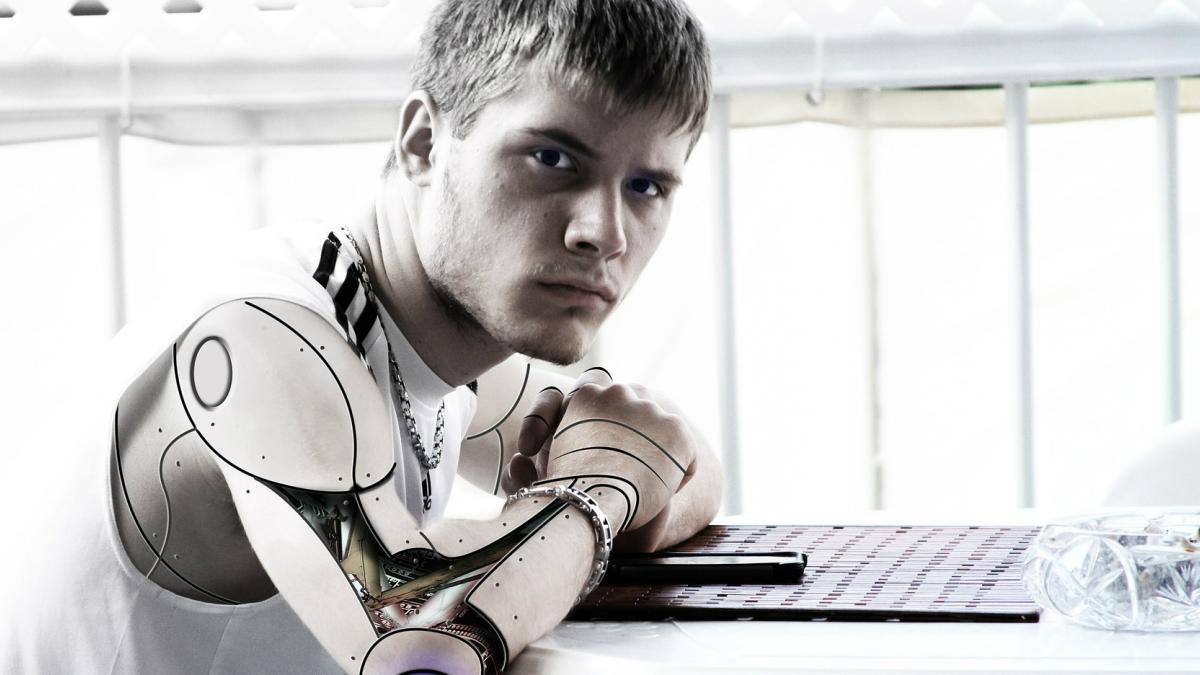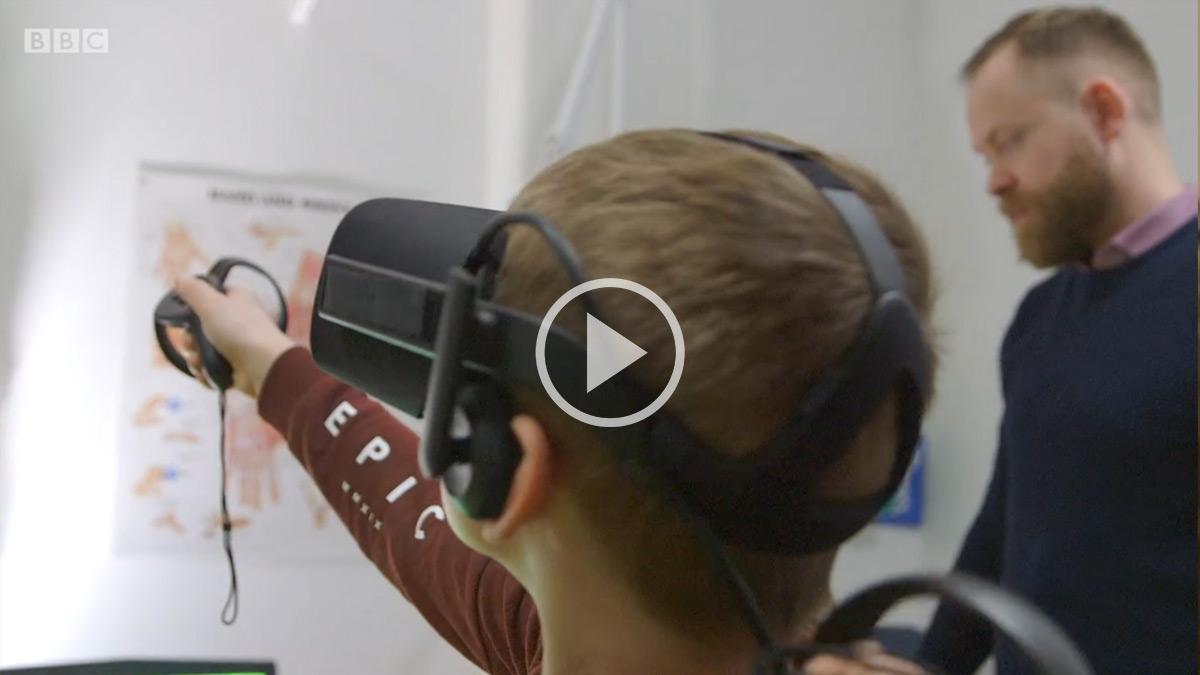Physiotherapy staff will need to develop new skills in using rehabilitative and wearable robotics to support patients in achieving maximum benefit from their prosthesis, concludes a report on digital healthcare.

These technologies include prostheses, exoskeletons and brain-machine interfaces to allow advanced functionality to some patients with physical disability.
Examples of leading-edge robotic technology include the manufacturing and fitting of an advanced bionic arm based on 3D scanning and printing, according to the document which was published on 11 February.
The independent report was written by California-based cardiologist, geneticist and digital medicine expert Eric Topol, having been commissioned by England’s health and social care secretary in May 2018.
Known as the Topol Review, it calls on education providers to offer opportunities for healthcare students to learn about new engineering, computer science and technologies as they emerge.
Between 15 and 70 per cent of a clinician’s working time is spent on administrative tasks. Meanwhile, well-designed AI can reduce administrative burdens, giving clinicians more time for patient-clinician interaction, the report says.
It calls for new educational resources to equip physiotherapists and other health professionals to exploit a range of technologies. These include health data provenance, curation, integration and governance.
Physio staff should be skilled in the critical appraisal and statistical interpretation of AI and robotics technologies too.
Joint learning programmes involving components from computer science, robotics and engineering should be made available to all healthcare students at undergraduate and postgraduate levels.
For example, physiotherapists working with engineering students in the area of robotics, can enrich the learning experience and create the right skills for the future workforce, the report says.
Euan McComiskie, the CSP’s informatics lead, said the review included positive news for physiotherapy staff.
‘On 5 February the CSP held its first informatics network meeting, which was attended by more than 30 members,’ he said.
‘Both the network and CSP staff will explore how we can support our members in achieving the recommendations of the Topol Review.'
How virtual reality (VR) is helping to rehabilitate children
Researchers at Sheffield Hallam University have been working with physiotherapists and play therapists at Sheffield Children's hospital to develop a series of VR games to help children perform their exercises through play.
The team lead by research associate game developer Ivan Phelan, acknowledged that children often found routine exercises challenging, and so began looking for ways to make it more engaging.
Take a look at how this worked in real life on BBC iPlayer (starts from 12 minutes 11 seconds):
Find Out More
Number of subscribers: 1




































